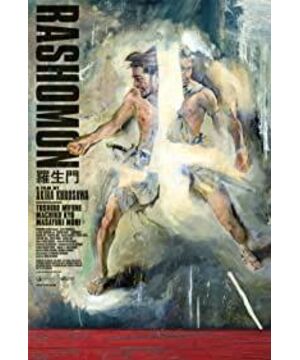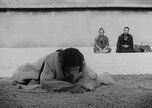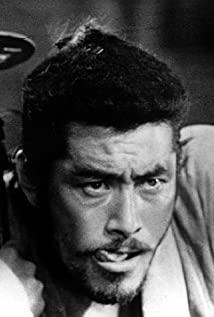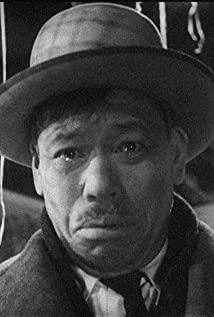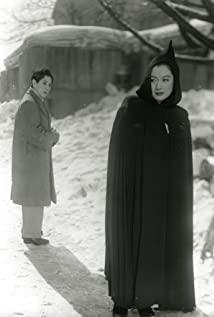For this film, I heard the name first, and watched the movie later. The film sharply exposes the ugliness and gloom of human nature-each character in the play does not hesitate to fabricate lies and facts for personal benefit and self-interest, no matter whether the samurai is a moral warrior, a thief who robs, or a housewife with a good house. , Each of them has exposed their true colors to the utmost extent. It is such a work that has become a masterpiece of director Akira Kurosawa and the most stunning classic in Japanese film history.
"Rashomon" was originally a famous novel of the same name written by the great writer Akutagawa Ryunosuke, which was later borrowed by Akira Kurosawa as the movie title. The content of the film was adapted by the famous playwright Hashimoto Shinobu, based on Akutagawa's 1921 short story "Shintake Cong".
The story describes that in Japan in the twelfth century, the warlords were separatist, the thieves went crazy, the people were not living, under the ruined Rashomon, heavy rain, muddy roads, three monks, woodcutter, and handyman sheltered from the rain under the door and talked about it. An anecdote that happened recently. The samurai Kanazawa Takehiro was killed in the jungle, the robber Tayomaru, the samurai's wife Masa, the witch and the witness woodcutter were called to the picket, and they described themselves or personal experiences or witnessed or possessed by ghosts. Word. The film uses different descriptions of the case by these parties and witnesses on the scene to analyze the good and evil of human nature, which is full of suspense and distrust. Later, the term "Rashomon" was often used as a metaphor for the same thing, due to different standpoints and different purposes, and each person had different descriptions of the facts.
Rashomon is a city gate at the southern end of Suzaku Avenue in Kyoto, Japan. Due to the Heian period (749 to 1192), Kyoto has become a city with natural disasters such as earthquakes, fires, famines, and typhoons. The very depression also made Rashomon a dilapidated city gate. The desolate Rashomon became not only a gathering place for foxes, but also a shelter for thieves. In the end, it even developed the habit of abandoning unclaimed dead bodies in the towers. Therefore, when it gets dark, no one dares to walk around Rashomon.
The whole film's black and white tones, unrefined reality, straightforward exposure of the character scenes, and unexpectedly hit the depths of everyone's soul. The lens language is unique and bold, and the actors' performances are real and intriguing, which is very shocking after watching.
View more about Rashomon reviews


